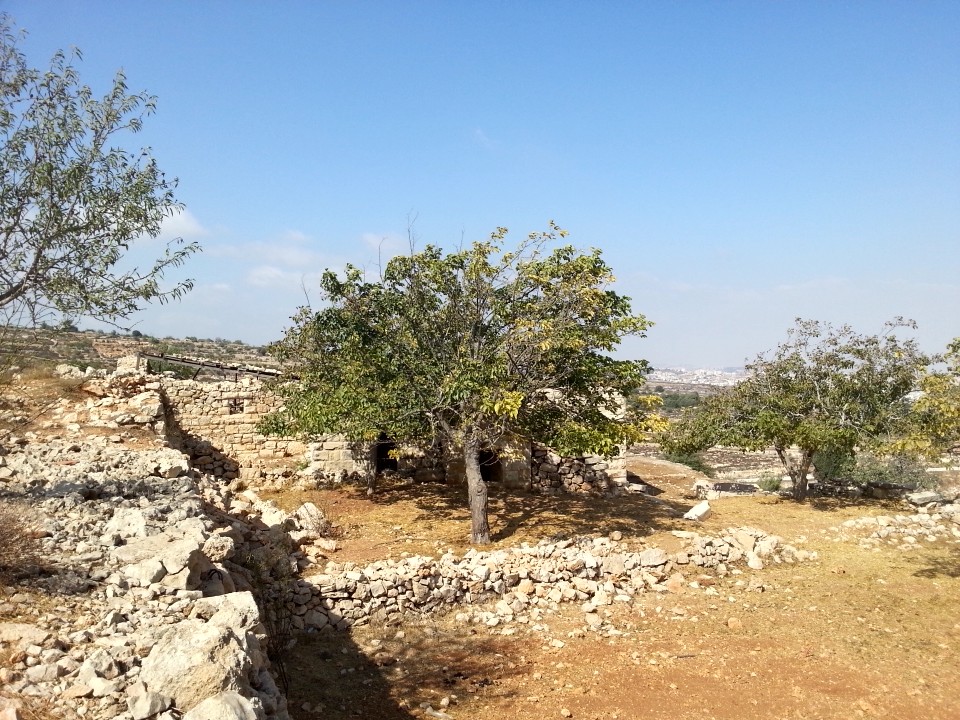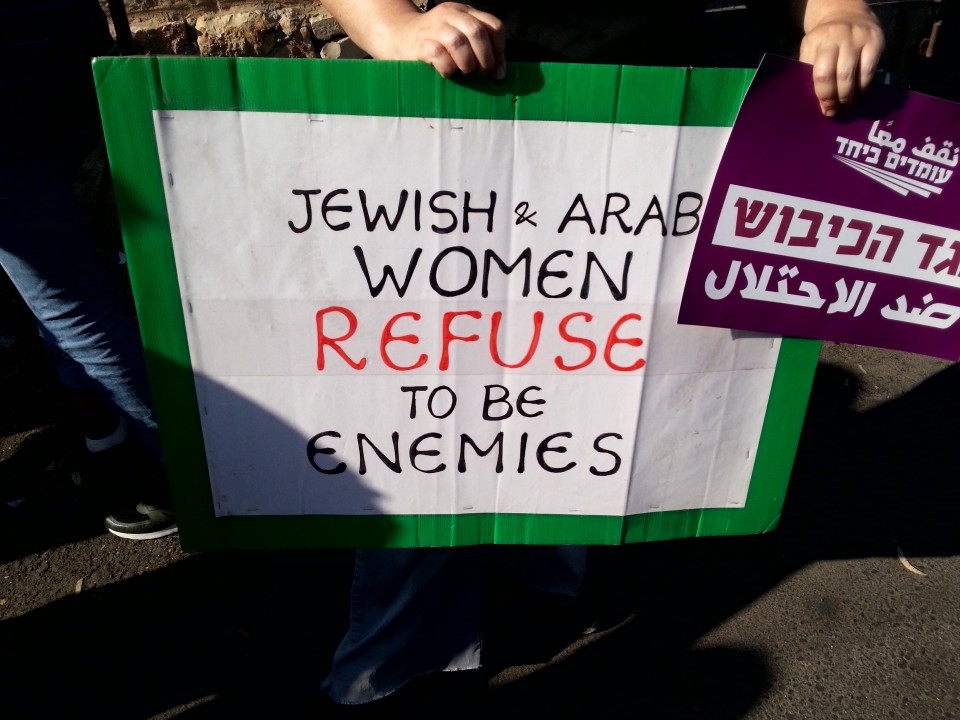"All movement proceeds from the immovable,” said philosopher Thomas Aquinas (1225-1274). In order to counteract purported inflexibility in research by means of movement, the University of Cologne supports junior researchers interested in international exchange through Mobility Grants for National and International Young Faculty. Outstanding research requires international exchange from which, in turn, stem opportunities for collaboration. Mobility Grants, which are anchored in the University’s Institutional Strategy, provide such opportunities. They make it possible for researchers with a doctoral degree to undertake short visits to partner research institutions around the world. Grants can additionally be used to invite international junior researchers to Cologne.
Brazil · Libras: Language of the deaf
"For years I have been collaborating with researchers at the Universities of Sao Paulo and Rio de Janeiro, with whom I studied the semantics of distributive plurality in Portuguese, Chinese and indigeneous languages of Brazil.
In August 2017, I could profit from a Mobility Grant to visit the Universidade Federal Fluminense in Niterói (Rio de Janeiro), where I could perform a series of elicitation tests on Libras, i.e. Brazilian Sign Language. Libras is the language recognized by the Brazilian law as the medium of communication of the deaf community in Brazil, and therefore (since 2002) it is one of the official languages of the country. Despite official recognition, Libras is remarkably understudied; native speakers belong to distinct dialect groups across the country, reflecting regional and socio-cultural differences and influences.
The aim of the research stay has been to collect new data on distributivity in Libras and to prepare the ground for the establishment of a collaborative research project with local scholars."
UK · Time-honoured and innovative
Dr. Martin Wetzel is part of the Faculty Faculty of Management, Economics and Social Sciences with special focus on Sociology and Social Psychology.
"Thanks to a Mobility Grant from the University of Cologne, I was able to go to the Cathie Marsh Institute at Manchester University and the cost of my seven-week research visit there was partly covered the grant. For me it was a great opportunity to network with other researchers working on the topics of ageing and social inequality. However, the visit was not just very inspiring career-wise, it was also very enriching for me personally. I’m still in touch with my Manchurian contacts and the fresh stimulus my stay gave me is still there too. They are both a source of motivation for my research.”
The Palestine territories · Studying resistance
"Thanks to the Mobility Grant, in September of this year I was able to continue my research work already funded last year on the topic of non-violent forms of resistance in the Palestinian territories. With the help of colleagues at Al-Quds University (East Jerusalem), I could establish lots of contacts to Palestinian, Israeli and international activists. I’m very interested in how they perceive and interpret the conflict and in their own activities. Being on the spot is not only essential for interviews and discussions on sometimes very difficult subjects but also in order to get a detailed impression of local conditions and initiatives."
Suriname & Guyana · Explorations in uncharted linguistic territory
Since 2016, Dr. Sinah Kloß is part of the international council Morphomata and has a special focus in her research on the carribean regions.
"The Mobility Grant made it possible for me to devote myself entirely and without financial restrictions to exploring my new research region. During my one-month stay in the border region between Suriname and Guyana, I was able to lay the groundwork for my ethnological field research, conduct first narrative interviews and inspect important historical documents in the National Archive. I was also able to acquire some initial language skills in Sarnami and Dutch, meet helpful people, visit temples, purchase research literature (that is only available locally) and foster contacts to the university in Paramaribo, Suriname’s capital city. My visit was very valuable and essential preparation for longer term field research in the framework of my postdoctoral thesis. It will be very important for the further planning, conceptualization and success of my project.”

